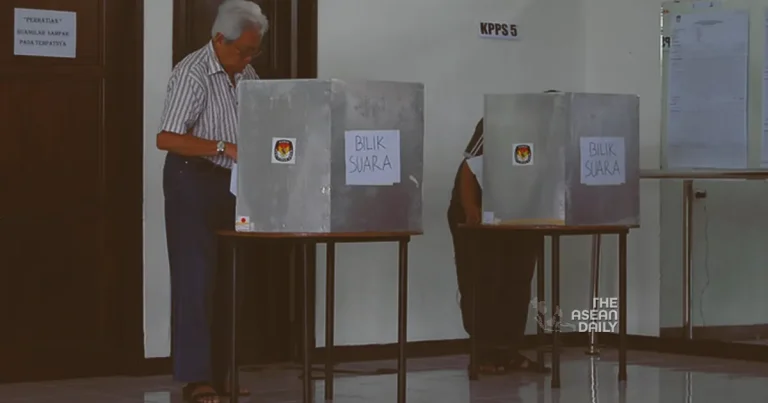3-3-2024 (JAKARTA) The National Police’s Criminal Investigation Agency (Bareskrim) in Jakarta has identified seven officials from the Kuala Lumpur Overseas Election Committee (PPLN) as suspects in an alleged voter list tampering incident. This development comes as investigations into irregularities surrounding the voting process in the Malaysian capital unfold.
The suspects, who served on the polling committee, are accused of inaccurately drafting the final voter list for the Kuala Lumpur voting region due to political party lobbying influence, according to Brig. Gen. Djuhandani Rahardjo Puro, Bareskrim’s director of general crimes.
Djuhandani stated, “Based on the facts uncovered during our investigation, we have named six suspects for illegally adding or removing names from the voter list. The seventh suspect is being charged with falsifying data for the list.”
Rahmat Bagja, the head of the Elections Supervisory Agency (Bawaslu), confirmed that the seven suspects were the same PPLN members who had been suspended by the General Elections Commission (KPU) earlier in the week. The KPU suspended them without specifying the exact reason for the suspension, citing an issue with the voting process in Kuala Lumpur.
Out of nearly 500,000 voters who cast their ballots in Kuala Lumpur, the officials responsible for updating the voters’ list (Pantarlih) correctly verified and matched data for only 64,148 individuals, which is less than 13 percent of the total potential voters in the city, as reported by Bareskrim.
Earlier this week, Bawaslu revealed that it had discovered 18 fake Pantarlih staff members, which may be connected to the inflated number of voters in Kuala Lumpur. Approximately 200,000 registered voters in Kuala Lumpur are scheduled to participate in a revote for the 2024 presidential election in early March, following the discovery of several irregularities indicating foul play, as announced by Bawaslu on February 14.
In Kuala Lumpur, voters cast their ballots through mobile ballot boxes, mail-in votes, and polling stations several days before the voting day in Indonesia on February 14. However, concerns about irregularities in the election process in Malaysia, including hundreds of duplicate names on the voter list, were raised by NGOs since late January.
The findings of irregularities and potential foul play prompted Bawaslu and Bareskrim to launch investigations several days after the voting process in the Malaysian capital. Authorities uncovered over 62,000 unregistered mail-in votes with untraceable addresses during the initial phase of the investigation, among other discoveries.
Migrant CARE, a labor group, alleged that a criminal syndicate was responsible for tampering with the election results. According to the group, which claimed to be conducting its own investigation in Kuala Lumpur, large quantities of mailed-in ballot papers were stolen. These stolen ballots were then offered to election candidates, mainly legislative candidates, for prices ranging from 25 Malaysian ringgit (US$5.20) to 50 ringgit per ballot.
Muhammad Santor of Migrant CARE stated, “[The syndicate] would collect these stolen ballot papers in bulk and store them in one location. From there, they would fulfill their orders by casting hundreds or thousands of votes for the particular candidate they had negotiated with.”
Migrant CARE explained that stealing mail-in ballot papers was relatively easy since many Indonesian diaspora members reside in apartments with unsecured mailboxes. Furthermore, voters were not notified when their ballot papers arrived in the mail, leaving them unattended for days.
Bawaslu has confirmed that it is investigating these syndicates and will publicly announce the progress and results of the investigations.




